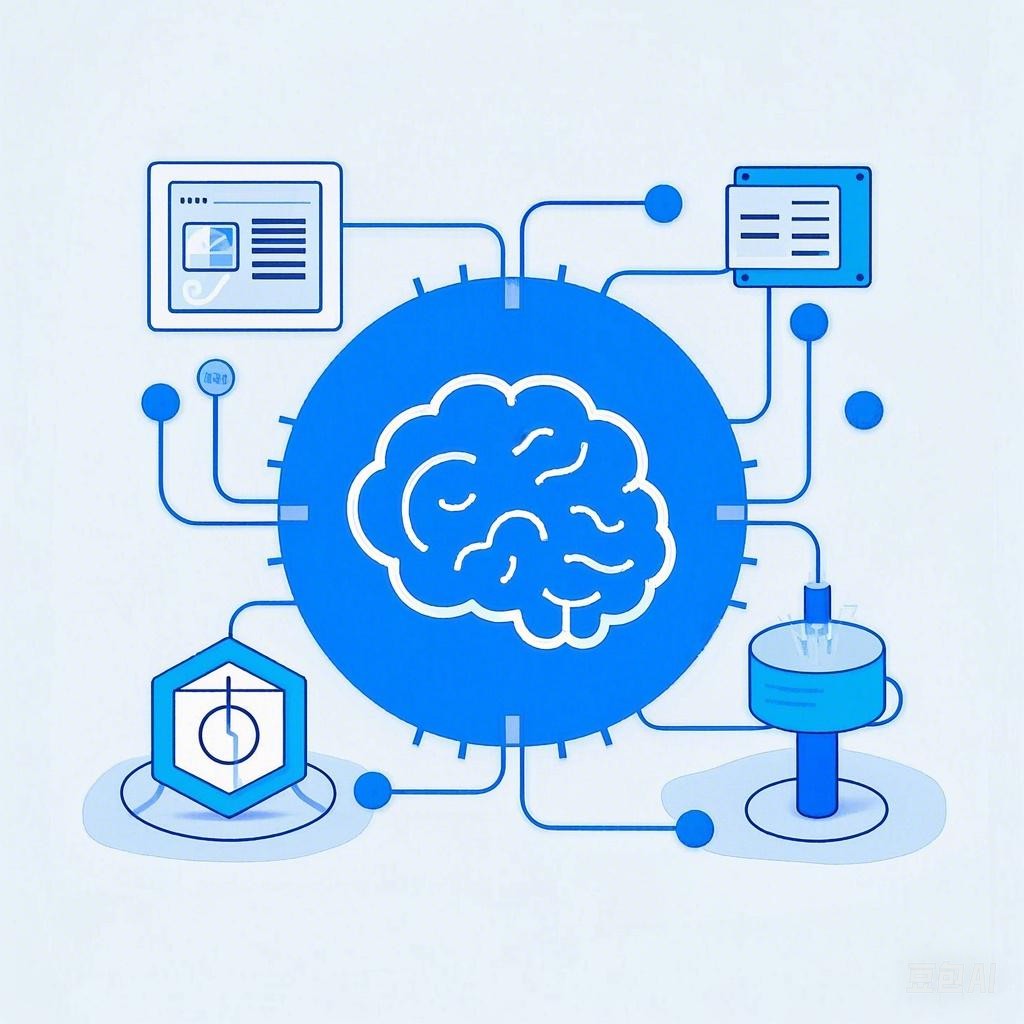引言
随着科技的飞速发展,智能操作系统逐渐成为现代生活的重要组成部分。华为鸿蒙系统(HarmonyOS)作为一款面向未来的分布式操作系统,以其独特的架构和跨平台特性,正引领着智能交互的新潮流。本文将深入探讨鸿蒙系统的核心特点、应用场景以及英语学习中的潜在价值。
鸿蒙系统的核心特点
1. 分布式架构
鸿蒙系统采用分布式架构,支持跨终端无缝协作。这种架构允许不同设备间实现数据共享和功能协同,为用户提供一致性的操作体验。
# 分布式架构示例
```python
# 假设有一个智能家居系统,使用鸿蒙系统实现设备间的协同
class SmartHomeDevice:
def __init__(self, name):
self.name = name
def control(self, command):
print(f"{self.name} is executing {command}")
# 创建设备实例
light = SmartHomeDevice("Light")
thermostat = SmartHomeDevice("Thermostat")
# 设备协同
light.control("turn on")
thermostat.control("set to 22°C")
2. 微内核设计
鸿蒙系统的微内核设计简化了内核功能,增强了系统的安全性和稳定性。微内核只提供最基础的服务,如进程调度和通信。
# 微内核设计示例
```python
class MicroKernel:
def __init__(self):
self.processes = []
def add_process(self, process):
self.processes.append(process)
def schedule(self):
for process in self.processes:
process.run()
# 进程示例
class Process:
def run(self):
print("Process is running")
# 创建微内核和进程
kernel = MicroKernel()
process1 = Process()
process2 = Process()
# 添加进程到微内核
kernel.add_process(process1)
kernel.add_process(process2)
# 调度进程
kernel.schedule()
3. 跨平台兼容性
鸿蒙系统兼容多种设备,包括手机、平板、电脑、电视等,为开发者提供了统一的开发平台。
# 跨平台兼容性示例
```python
class Device:
def run_app(self, app):
print(f"{self.__class__.__name__} is running {app}")
class Smartphone(Device):
pass
class Tablet(Device):
pass
class PC(Device):
pass
# 创建设备实例
smartphone = Smartphone()
tablet = Tablet()
pc = PC()
# 运行应用
smartphone.run_app("HarmonyOS Browser")
tablet.run_app("HarmonyOS Calendar")
pc.run_app("HarmonyOS Office Suite")
应用场景
鸿蒙系统在多个场景中展现出其优势,以下是一些典型应用:
1. 智能家居
鸿蒙系统可以轻松连接和控制智能家居设备,如灯光、温度控制器、安全系统等。
# 智能家居应用场景示例
```python
# 假设有一个智能家居系统,使用鸿蒙系统实现设备间的协同
class SmartHomeDevice:
def __init__(self, name):
self.name = name
def control(self, command):
print(f"{self.name} is executing {command}")
# 创建设备实例
light = SmartHomeDevice("Light")
thermostat = SmartHomeDevice("Thermostat")
# 设备协同
light.control("turn on")
thermostat.control("set to 22°C")
2. 教育领域
鸿蒙系统在教育领域具有广泛的应用前景,如智能教学设备、在线学习平台等。
# 教育领域应用场景示例
```python
class EducationalDevice:
def teach(self, subject):
print(f"Teaching {subject} using HarmonyOS")
# 创建教育设备实例
educational_device = EducationalDevice()
educational_device.teach("English")
英语学习的潜在价值
鸿蒙系统在英语学习中的应用潜力巨大,以下是一些潜在场景:
1. 智能语音交互
鸿蒙系统的智能语音交互功能可以帮助学习者提高口语表达能力。
# 智能语音交互示例
```python
class EnglishLearningDevice:
def __init__(self):
self.voice_recognition = VoiceRecognition()
def speak(self, sentence):
translation = self.voice_recognition.translate(sentence)
print(f"Translation: {translation}")
# 创建英语学习设备实例
english_device = EnglishLearningDevice()
english_device.speak("How are you?")
2. 在线学习平台
鸿蒙系统可以支持在线学习平台,为学习者提供丰富的学习资源。
# 在线学习平台示例
```python
class OnlineLearningPlatform:
def __init__(self):
self.resources = ["Grammar", "Vocabulary", "Listening", "Speaking"]
def access_resource(self, resource):
print(f"Accessing {resource} resource")
# 创建在线学习平台实例
online_platform = OnlineLearningPlatform()
online_platform.access_resource("Grammar")
结论
华为鸿蒙系统以其独特的架构和跨平台特性,为智能交互领域带来了新的可能性。从智能家居到教育领域,再到英语学习,鸿蒙系统展现出广泛的应用前景。随着鸿蒙生态的不断发展,我们有理由相信,鸿蒙系统将成为未来智能生活的重要组成部分。
